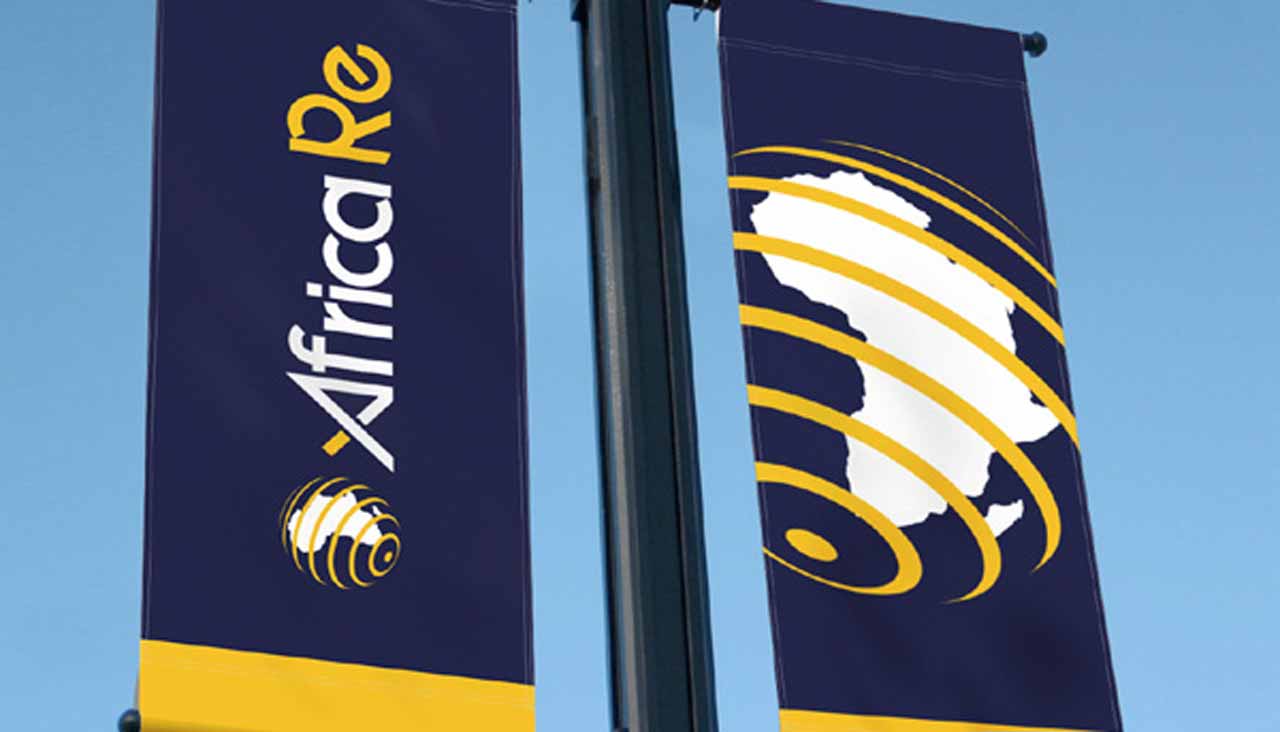- African Reinsurance Market Hits $64b From Growth Extension
Africa’s Reinsurance market is estimated to grow even more over the next five years.
Reinsurance is cover for insurance companies to enable them spread risks and mitigate losses arising from claims.
The latest reports from African Reinsurance Pulse launched at the 21st African Re forum in Dakar, Senegal, highlighted that the market is expected to benefit from strong underlying growth driven by an expansion of its primary markets with insurance premiums of $64 billion.
Africa Reinsurance Pulse is a yearly survey conducted by Dr. Schanz, Alms & Company, and facilitated by Africa Insurance Organisation (AIO), Africa Re, Swiss Re, Casablanca Finance City (CFC) and Qatar Financial Centre.
The study was based on in depth interview with 22 reinsurers and brokers operating in the region that provided a unique overview of the trends and drivers of Africa’s $8.3 billion reinsurance market.
The Africa Pulse report also said the market’s growth will be based on abundance of natural resources, the need for infrastructural investment, emergence of an expanding middle class and a young and growing population.
However, the regions gross domestic product (GDP), which measures economic activities in terms of value of goods and services produced in a particular time, is expected to increase by roughly two per cent yearly from 2016 to 2020, ahead of the world’s average growth rate of 3.6 per cent for the period.
Africa’s low insurance penetration of 2.9 per cent as a share of insurance premiums to GDP indicates the enormous potential of the continent in catching up with the global average of 6.23 per cent for 2015.
“More than 90 per cent of Africa’s insurance Companies have only been created in the past 40 years,” said Corneille Karekedzi, Group Managing Director & Chief Executive Officer of Africa Re.
“As a result, our industry still has to build the awareness for the benefit of protecting and enabling economic progress. The Africa Reinsurance pulse provides succinct data and information on our continent’s reinsurance markets and contributes to these goals as it demonstrates our industry’s potential and also its challenges.”
The report found that the fundamental strengths of the African reinsurance markets remained intact, despite the recent economic slump. New larger and more complex risks have arisen, requiring insurance protection while the broader African middle class is eager to protect its assets and make provision for the future.
Abundant resources, a juvenile and growing population and the need for investment in infrastructure, energy, health and educational facilities drive the demand for insurance protection and reinsurance cessions.
However access to local expertise, reliable data and statistics are regarded as weakness of the market. In addition, frequent foreign exchange trading restrictions and vulnerability of fragmented and relatively small markets to sudden swings in export demand, commodity prices and exchanges and exchange rate fluctuations may result in unwanted volatility.
Also, political instability is the biggest threat to the regions insurance reinsurance threat to the regions insurance and reinsurance markets and strongly affects growth expectations.
Furthermore, protectionism in the form of priority or compulsory cession is feared to harm the domestic markets, although it may also limit the impact of global excess capacity.
The majority of the interviewees feel that current reinsurance rates are below the average of the last three years. Risks are still far more adequately priced, but competition is mounting as regional and international players fight for market share.
However, on a global scale, markets are still perceived as profitable due to stable loss ratios and the regions limited exposure to natural catastrophes.
But profitability is coming under pressure as new capacity enters the market and international reinsurers deploy additional capacity to established markets or to new ones where they intend to expand. In defending their turf and supported by regulatory provisions, domestic capacity is expected to outgrow international capacity in their new term.

 Naira4 weeks ago
Naira4 weeks ago


 Naira4 weeks ago
Naira4 weeks ago


 Naira3 weeks ago
Naira3 weeks ago


 News4 weeks ago
News4 weeks ago
 Travel4 weeks ago
Travel4 weeks ago




 Naira4 weeks ago
Naira4 weeks ago


 Jobs3 weeks ago
Jobs3 weeks ago
 Naira3 weeks ago
Naira3 weeks ago






















